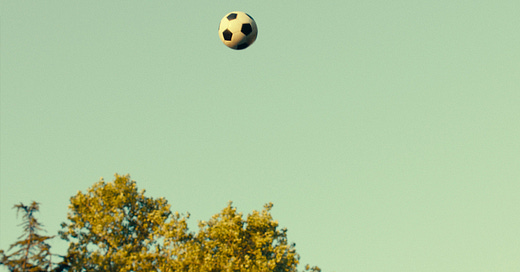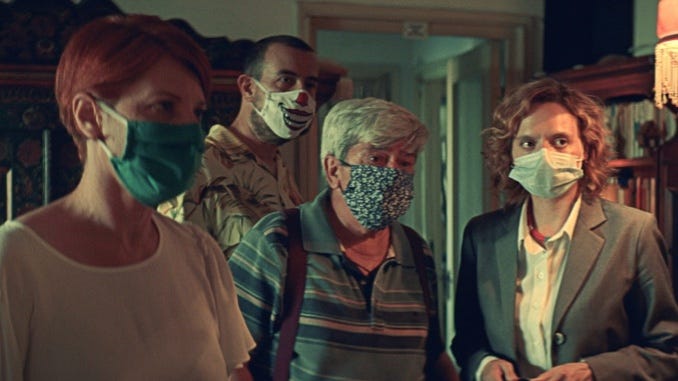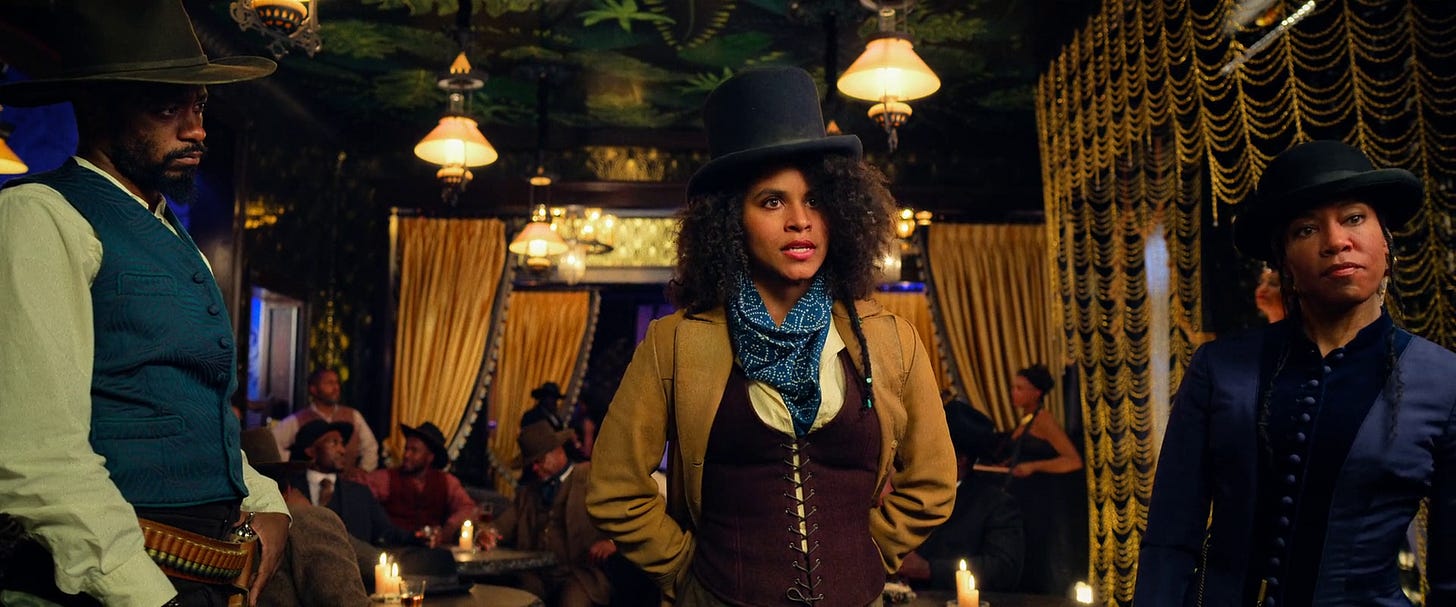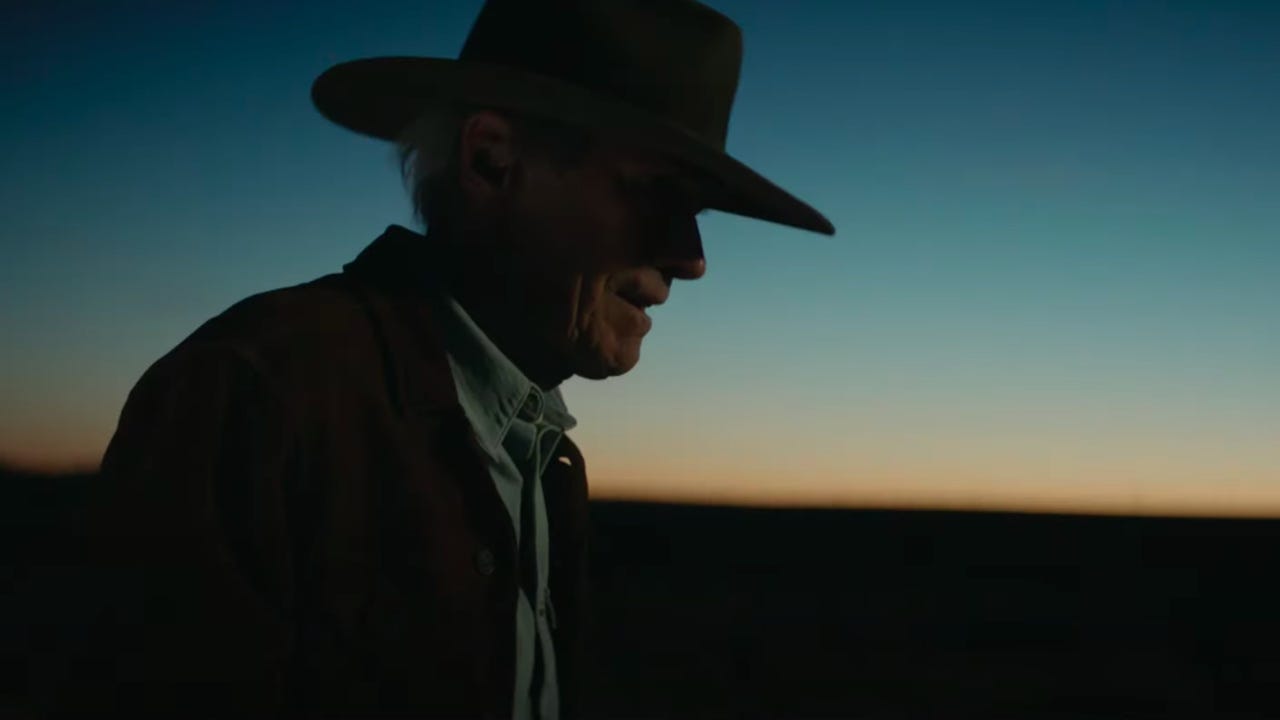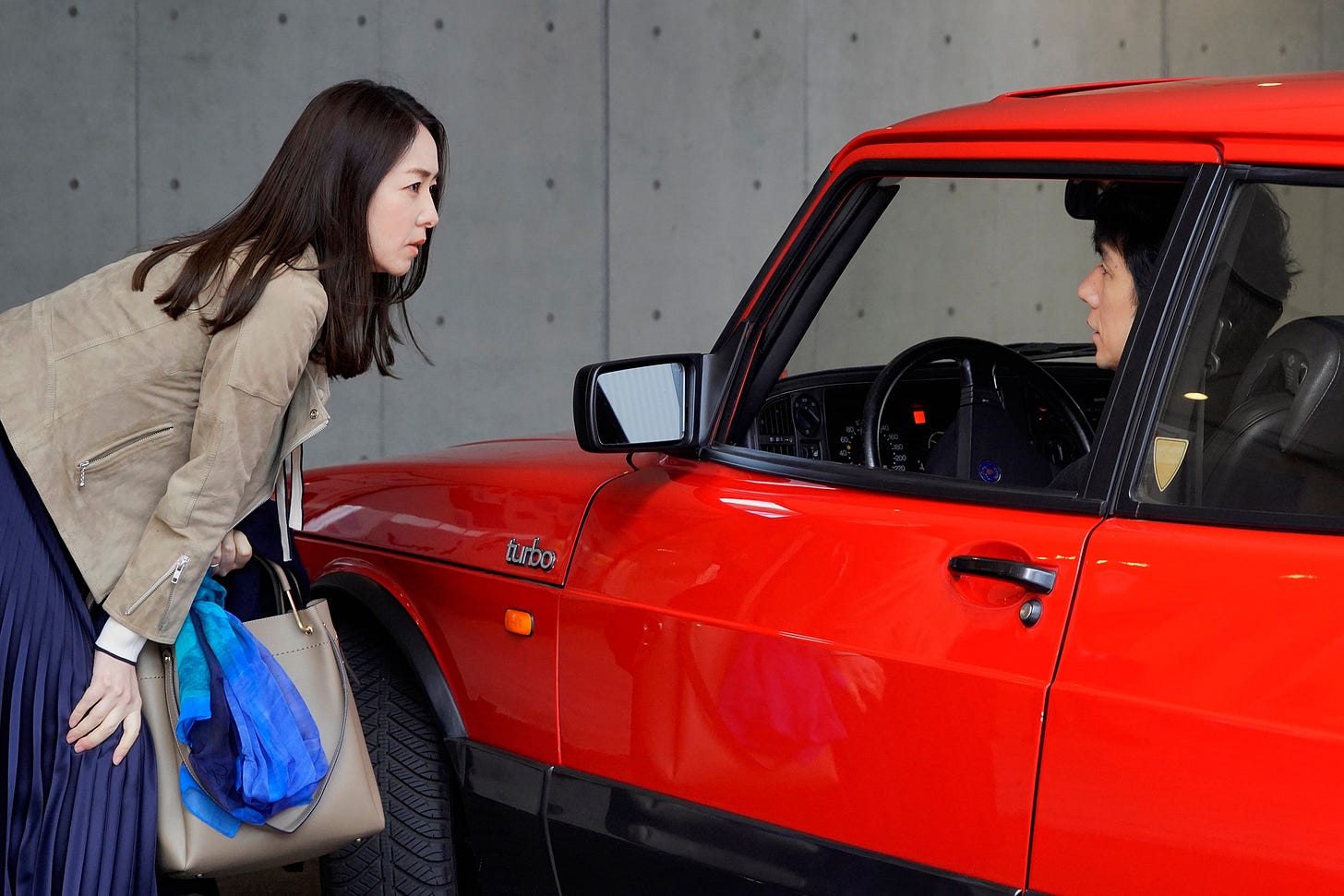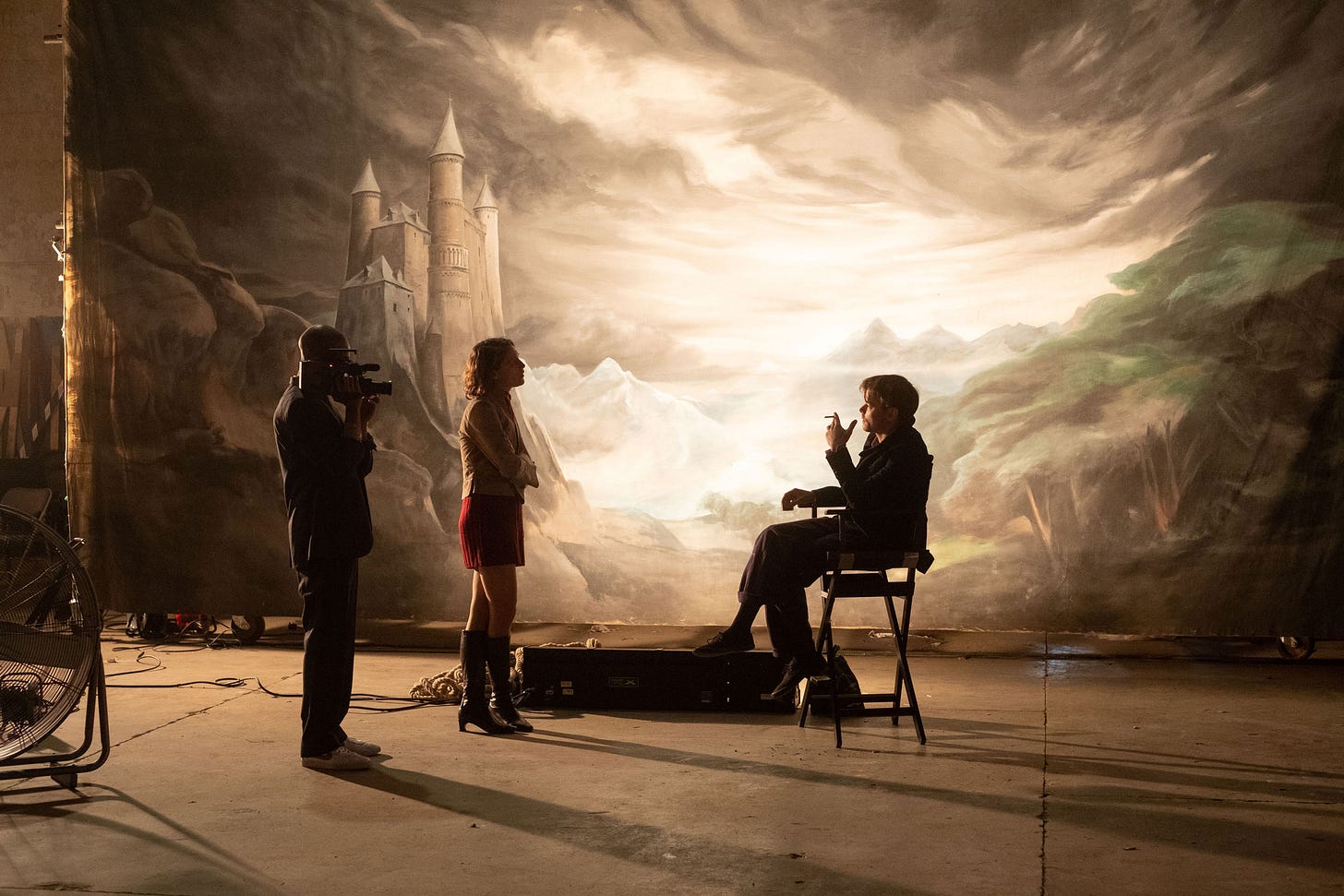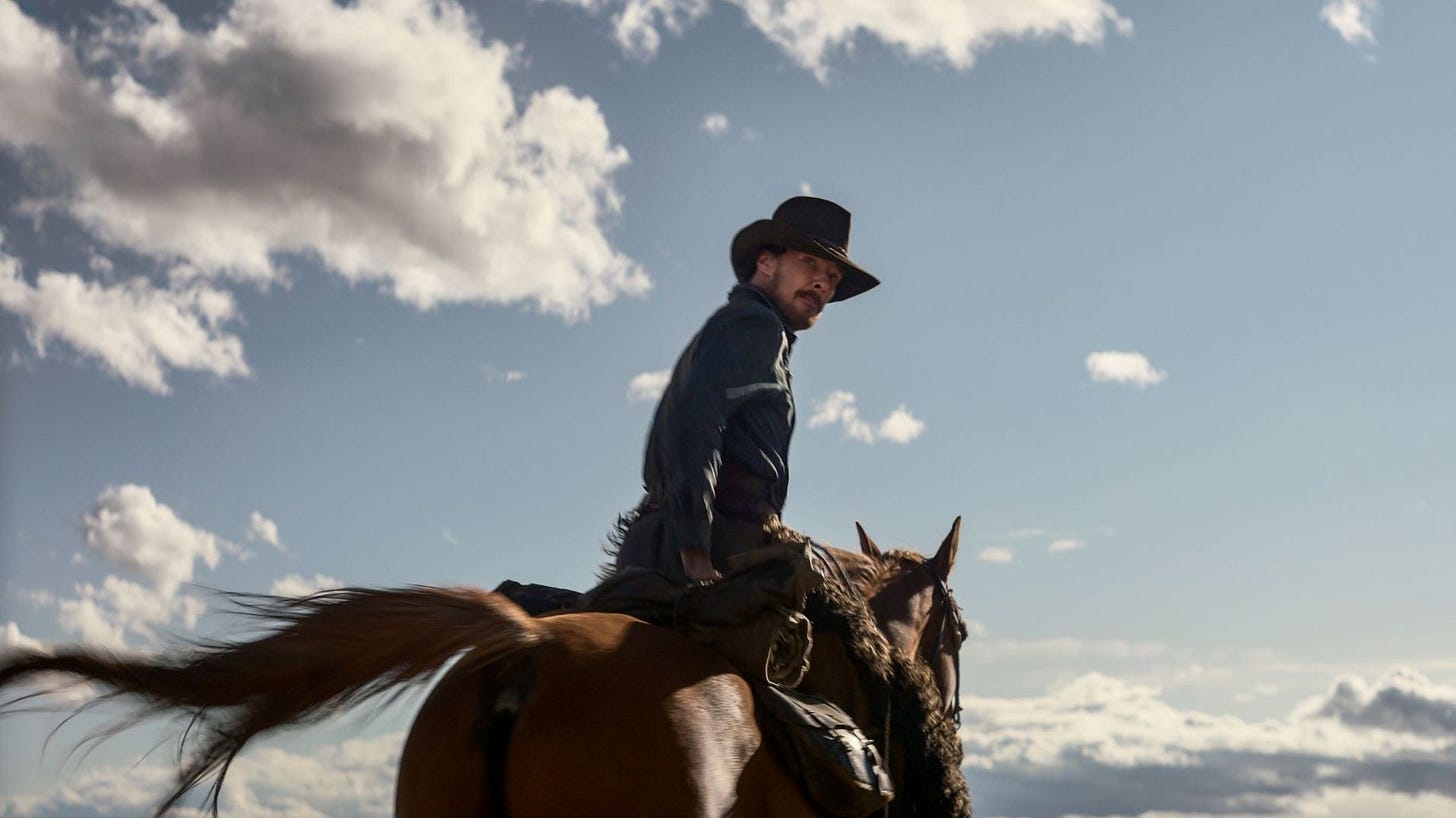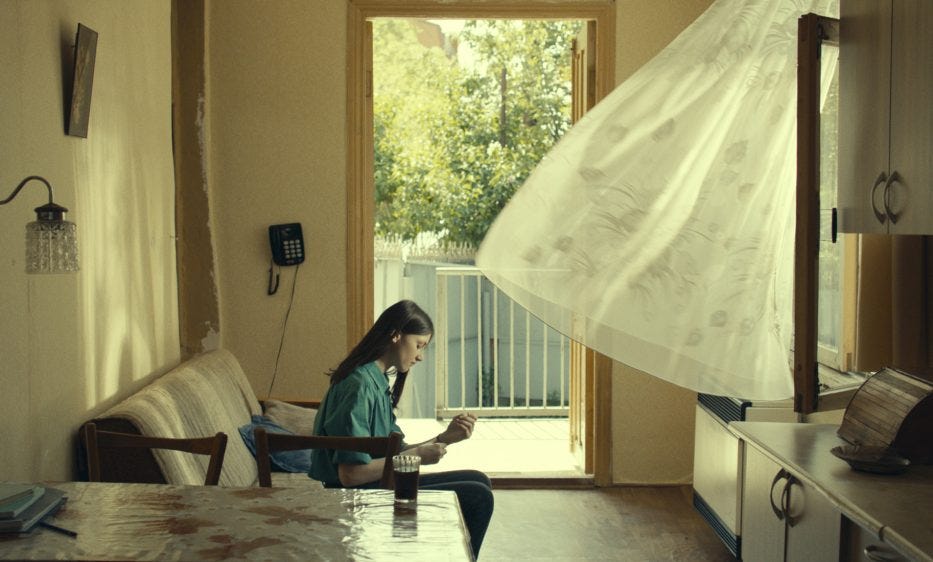I’ve been writing year-end recaps in some form or fashion for over a decade. Each of these essays ended up being a portrait of how great films had shaped my life in that particular year. They were personal, raw, intimate, and very telling of my current mood. Those pieces meant a lot to me, and they still do. I’m not even sure how I wrote them to be honest.
This year I don’t have it in me. I don’t feel wise enough. I don’t feel passionate enough. I can’t muster anything creative or insightful to say about our changing culture, the way the pandemic has shifted film viewing, or the many ways critics can help shape and contextualize the conversation. I’m exhausted, and I think it’s okay to say that outright.
Below, you’ll find my abbreviated and admittedly incomplete thoughts on 20 films (based on international premiere) that meant the most to me in this year full of wonderful and terrible things. If you can track them down, I think you should. They are bristling with life and ambition, blood and guts. Some might make you feel uncomfortable and challenged, pushed to the brink. But that’s okay. Take a flyer. Spider-Man can wait.
First, some Honorable Mentions:
Stillwater
All Light, Everywhere
Madalena
Dune
C’mon, C’mon
Old
20. Malignant (James Wan, USA)
An out-of-left field, barbed grenade that lands in your lap, scrapes off your face, and then explodes. Diabolical, beautiful, enraged, a festering critique of masculine desires to control the female body. Begins as horror and ends as mangled action extravaganza. If only all B-movie gushers could be this nimble, unflinchingly savage.
19. Bad Luck Banging Or Loony Porn (Radu Jude, Romania)
Where do I even start? Sex tapes. Monster trucks. COVID mandates. Maybe the best movie of the year to confront the patriarchal hypocrisies and sexual violence that seamlessly permeates through all levels of societal interaction and institutional systems. Plus, the best superhero ending you’ll ever see.
18. Wrath of Man (Guy Ritchie, USA)
Jason Statham going full shark mode. Guy Ritchie thankfully holding back his worst impulses. Los Angeles as a hotbed of restless, vengeful criminal crews on both sides of the law hellbent on colliding with each other. So much momentum. So much fun.
17. Zeros and Ones (Abel Ferrara, Germany/UK)
Where do we go from here, when the world is locked down, and our minds are deteriorating under the pretense of narrative? Narratives that both filmmakers and shadow governments concoct to establish clear-cut binaries that fail us in times of great stress. Ferrara breaks through the Matrix and finds something new. “The hard road leads to a good life.”
16. Sentinelle (Julien Leclercq, France)
Olga Kurylenko proves her immeasurable mettle when pressed into a Neo-western juggernaut against corrupt, rapist tech bros and their disposable henchmen. An old fashioned bruiser of a movie that proves Leclercq is one of the finest action filmmakers around.
15. The Harder They Fall (Jeymes Samuel, USA)
Speaking of Westerns, this great one reinvents the reinvention. Black characters, black history, and black culture, so often pushed to the fringes or outright stereotyped in this genre, becomes the genre. Samuel’s direction is full of contradictions, furious but accomplished, messy but meticulous, affectionate but enraged. It all adds up to a staggering epic meant for the big screen but sequestered to the small.
14. Cry Macho (Clint Eastwood, USA)
From my review for The Film Stage: “At one point in Cry Macho, right as it finds a beautiful hangout groove, Rafa asks Mike how he knows so much about many different animals. “Something you just pick up along the way,” he responds. Eastwood––the actor, filmmaker, and icon––has done just that over his storied career. But after all the gun-slinging, killing, revenge, tragedy, comedy, unrequited love, and (somehow) more, Eastwood’s outlook on humanity has crystalized into something singularly calm and hopeful. In this space he wants a last dance instead of a last stand. And it’s hard to look at Cry Macho and not see that kind of final film, one completely at peace with all the disappointment, regret, and heartbreak that’s come before, and the short but wondrous amount of time that lies immediately ahead.
13. The Matrix Resurrections (Lana Wachowski, USA)
It's thrilling to be reminded of big budget filmmaking both aware of its scale and still deeply connected to the personal qualms and contradictions produced by that scale. Packed with slippery ideas, stunning images, and piercing emotions. I laughed, I cried, I hooted and hollered. If you’re a fan that doesn’t feel “serviced” by this Matrix, well, that shit’s on you.
12. Drive My Car (Ryusuke Hamaguchi, Japan)
Staggeringly subtle, and yet radical in the small flourishes of character development, scriptwriting, and temporal jumps. I was expecting one thing, and was given something altogether different, stealthily great. I’m guessing this jumps a few spots if I ever get the chance to see it on the big screen.
11. Licorice Pizza (Paul Thomas Anderson, USA)
These two. These fucking two. PTA's love for the huckster capitalist and drifting idealist has never been more apparent than in this woozy mosaic of America's obsession with reinvention, repression, and cultural appropriation.
10. The Souvenir: Part II (Joanna Hogg, UK/Ireland)
Mesmerizing in its capacity to explore the through line between grief and creative expression. My thoughts on the film’s brilliant cinematography - “Film school can be a cold and competitive place, so it’s fitting that The Souvenir Part II strips these “educational” spaces of any warmth or color. Anytime young auteur Julie (Honor Swinton Byrne) leaves the frigid confines of university life to return home, Joanna Hogg’s slyly meta sequel favors the faded pastels and texture deeply reminiscent of aged ’80s color film stock. But cinematographer David Raedeker’s approach becomes truly unique during Julie’s surreal reimagining of her tragic relationship with the now-deceased Anthony (Tom Burke), slipping between videotape grain and impressionistic contrast to stunningly capture the malleable slipperiness of memory.”
9. France (Bruno Dumont, France/Belgium)
What a picture. Captures our warped, easily (digitally) manipulated cultural moment with no remorse. Dumont's ability to translate the subtle cruelties of life through satirical means is unmatched, but this suffocatingly colorful portrait of modern artifice feels new because of the great Lea Seydoux's powerhouse turn. We're all just rear projection, background fodder asking for a selfie.
8. Wheel of Fortune and Fantasy (Ryusuke Hamaguchi, Japan)
What a year this man has had, helming two certifiable bangers (and co-writing Wife of a Spy). Unlike most of my colleagues, I prefer Hamaguchi’s triptych of stories dealing with the cruel fatalism of attraction, desire, and emotional connection. It’s surprising and cunning and sexy as hell. But also very strange and leads you down an uncertain path.
7. One Shot (James Nunn, USA)
The best American action movie in the last decade, and one of the most hypnotically violent technical achievements I’ve ever seen. A performative treasure, Scott Adkins stabs, shoots, kicks, punches, and slithers, fending off a group of highly trained European jihadis on a CIA black site. He uses every form of combat, strategic tactic, and physical expression of violence known to man, and it’s all captured in a faux-unbroken steadicam aesthetic that clearly navigates the spaces and topography of a modern battlefield we aren’t supposed to see. Apparently. the hill I’m going to die on.
6. Parallel Mothers (Pedro Almodovar, Spain)
From an earlier newsletter, and I still stand by it: “Parallel Mothers is rich in the vibrant production design and mood-altering color schemes that has come to define Almodóvar’s visual aesthetic, but its greatness stems from how effortlessly themes of resistance and determination connect both the personal and national struggle for reconciliation. Cruz, who is sneakily one of the greatest actors in the world, comes to embody the film’s central idea about finding the strength to come clean, even when that truth will force open old wounds that have taken decades to scar over.”
5. The Card Counter (Paul Schrader, USA)
The fog of 9/11 and American imperialism blanketing our minds to the point of maddening disorientation. Two hands separated by a pane of glass. That's mercy compared to what we did. Oscar Isaac’s never been better, except maybe as Llewyn Davis. My favorite Schrader since Blue Collar.
4. The Power of the Dog (Jane Campion, Australia/New Zealand)
Magnificent, simmering throwback to the days when Noir, Western, melodrama, and psychodrama could nestle up and go nuts. Campion is one of the greats. Here are some words on one of the most indelible performances of 2021:
“A brooding relic of the dying West, Montana rancher Phil Burbank becomes dispossessed at the mere sight or sound of civilized merriment. Yet Benedict Cumberbatch imbues this corrosive, sometimes cruel man with a conflicted soul caught between self-aggrandized cowboy myth-making and his own repressed sexuality. In nearly every menacing scene, Phil haunts Jane Campion’s The Power of the Dog with a terminal sense of stasis and anxiety so all-consuming that he threatens the very core of emotional and social progress. And still his capacity for fond remembrances of mentor Bronco Henry suggests the essence of a far more complicated man who came of age in a time where tenderness had no place.”
3. Memoria (Apichatpong Weerasethakul, Colombia/Thailand)
Sonic rhythms and vibrations reverberating through time, space, bones, and of course, the linkages of memory and lucidity that cannot be explained, only felt. More of an art film than a dream film, and it reminded me of Lisandro Alonso's cinema more than anything else, especially in the final hour that becomes something monumentally great. But still, this is Apichatpong Weerasethakul through and through, an exploration of what calls us into the void, into the jungle, into the realm of loud bangs and howler monkeys. A more organic vision of destiny removed from religion, science, and even art. There's something here that has always been here, primordial and forever able to remember the experiences that shape us.
2. In Front of Your Face (Hong Sang-soo, South Korea)
My program notes from SDAFF ‘21: “There’s so much we don’t know about each other.” Veteran actress Sangok (played by 1980s-90s star Lee Hye-young) has just returned to Korea after spending years living abroad in America, and her sister Jeongok (Jo Yoonhee) is the first to vocalize the consequences of their lengthy estrangement. That such a sobering confession is uttered in front of a picturesque riverside landscape reveals the stinging tonal contradictions that will populate much of Hong Sang-soo’s In Front of Your Face.
In both of Hong’s films from 2021 (including Introduction), the prolific master seems most interested in reflecting on the past to preserve an understanding of the present, while the future remains uncertain. Sangok personifies this motif beautifully: she’s primarily come back to experience the feelings of home and artistic expression that once defined her life as a young actress.
After spending time with her sister, Sangok travels to their childhood home in the countryside and befriends the current owners before continuing on to a booze-fueled lunch meeting with an acclaimed film director (Kwon Hae-hyo), who’s eager to cast her in his new film. All of these experiences either confirm or challenge Sangok’s assumptions about her previous life, a foggy moment in time that’s slowly coming back into focus. In this regard, In Front of Your Face is a masterful character study, leaving space for the power of fresh human connection, while revealing the hilariously bitter irony of falling for such a ruse one last time.
1. What Do We See When We Look at the Sky? (Alexandre Koberidze, Georgia)
From my capsule for The Film Stage’s Best of 2021: It’s not hyperbolic to suggest that Alexandre Koberidze’s astonishing sophomore effort is one of the most original and alive films to come around in years. A young Georgian couple meets cute only to have their romantic plans derailed after each wakes up the next morning looking like completely different people. The mysterious and affecting dual journey that unfolds is lovingly indebted to the rhythms and grace notes of silent cinema, the city symphony, romantic comedy, and the cinema of Manoel de Oliveira. Ultimately, Koberidze’s all-timer proves that there’s room for kindness and narrative reinvention in the face of a brutal world, “because everything happened the way it had to happen.”
As always, stay safe and thank you for reading. - GHJ

